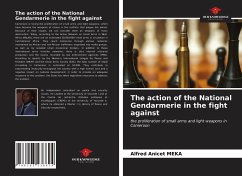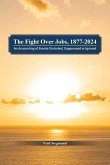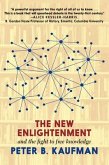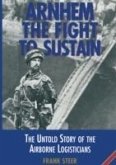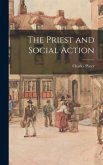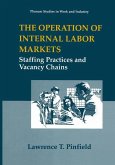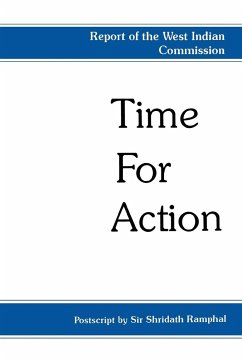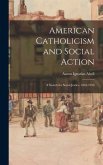Cameroon is facing the proliferation of small arms and light weapons, which have become the weapons of choice in the conflicts that plague the planet. Because of their impact, we can consider them as weapons of mass destruction. Today, according to the Action Network on Small Arms in West Africa (RALAO), there are an estimated 30,000,000 small arms in circulation in sub-Saharan Africa. They reach Cameroon through various networks maintained by African and non-African traffickers organized into mafia groups, as well as by isolated small occasional brokers. In addition to these international arms transfer networks, there is also internal artisanal production and the losses recorded by law enforcement agencies (FMO). According to reports by the Women's International League for Peace and Freedom (WILPF) and the Small Arms Survey (SAS), the total number of SALW circulating in Cameroon is estimated at 34,000. They contribute to exacerbating insecurity throughout the country with a high human cost and a negative impact on national development. In order to provide an adequate response to this problem, the State has taken legislative measures to address the problem.
Hinweis: Dieser Artikel kann nur an eine deutsche Lieferadresse ausgeliefert werden.
Hinweis: Dieser Artikel kann nur an eine deutsche Lieferadresse ausgeliefert werden.

